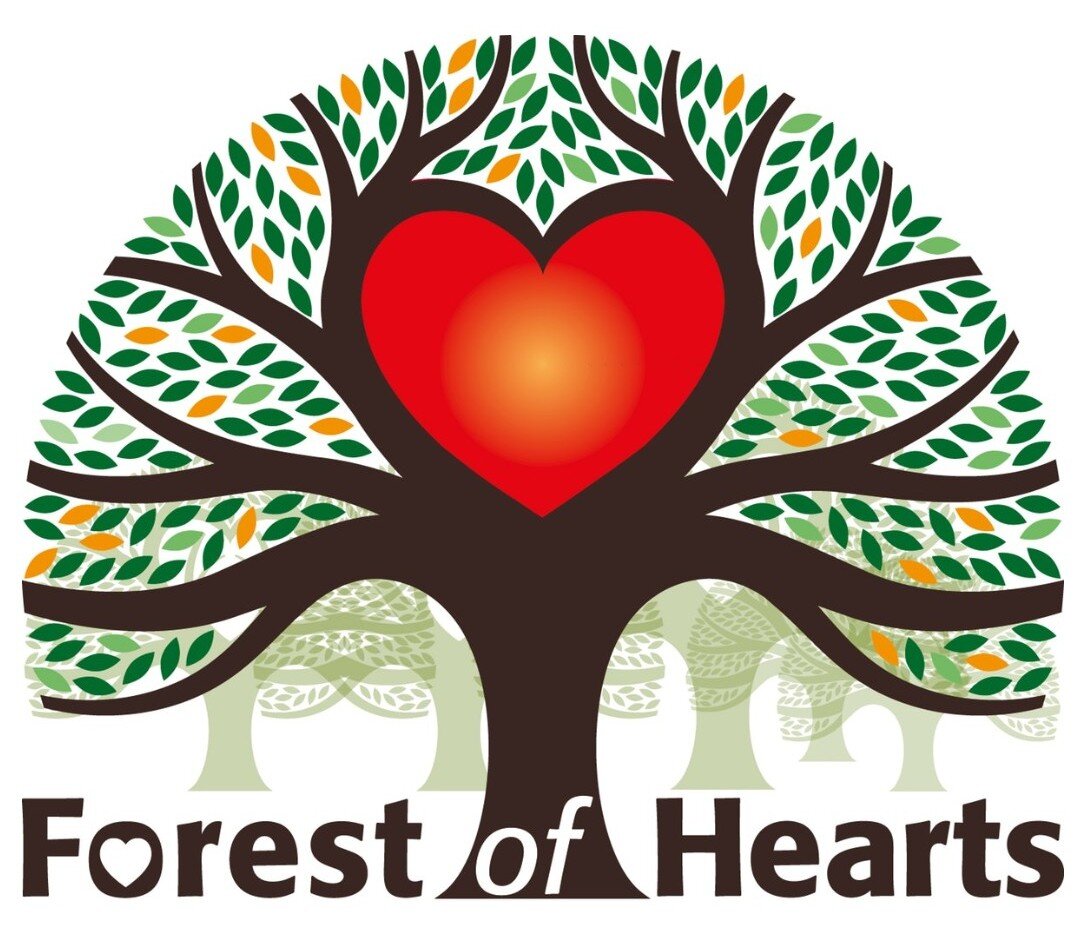Foraging, Food and Fairy Tales
By Ann Johnson
Folklore and fairy tales have often been associated with the outdoors. With January 30th heralding the start of ‘Story Telling Week’ it might be a good time to look at the stories associated with enjoying the outdoors and maybe encourage the writing of new ones.
National Storytelling Week is celebrated for a full week in February and takes places in all sorts of places. Stories are chosen and are told in a magical way between the teller and the listener. It's a fantastic way for people to share their own story, or even invent something entirely new. The light, shade and fruits of the forest being a firm favourite for authors and storytellers through the ages.
Forests hold mystery, beauty and living history and are a wonderful subject matter for the children’s books. In Europe, Charles Perrault, the Brothers Grimm and Hans Christian Andersen were among the first to collect folk and fairy tales and publish books on them. With many more to follow books including; A House In the Woods (Inga Moore), The Wild Woods (Simon James) and Through the Forest (Steffie Brocoli). Many others also offer a chance to read fanciful children’s adventure about life in the forest.
Perhaps one of the most famous Forest related story is Hansel and Gretel originating in Germany. A story that tells of a stepmother who persuades her husband to abandon the two children in the forest, where they are imprisoned by a witch who likes to eat children. But why were the children abandoned? could it be their parents were concerned with awful hardship than of hate for them and that rather the children simply starve, the parents thought it better for them to be at the mercies and mysteries of the forest?
The telling and sharing of stories has happened for 100’s of years, it was a way of sharing legends, cultures and happenings. This has included stories of the outdoors including those of forests shared by the cave people, for many communities sitting together around an outdoor setting it was a way to come together, to bond, share stories down the generations. Stories today continue to form an essential part of social change, through stories, poems and lyrics words have the power to shape the way people think, effect mood and how people feel about themselves, their heritage and for some the environment so creating a connection with nature.
So, stories help shape our beliefs and understanding but did you ever wonder if storytelling could have medicinal and health benefits? Storytelling may not have the biological effects of an antibiotic or surgery, but research shows that people who immerse themselves in songs and storytelling find joy, think about the feeling you had the last time that you sang? danced? Or listened to a great story. I know often when I listen to a play on the radio, I am wonderfully transfixed and taken to a world or scene where I have to use my imagination to experience it, a sense and joy that I thought I had lost as I moved from a child to adulthood.
At Forest of Hearts we have always welcomed the stories people bring and share, whether it’s recalling their own life or a trip to the great outdoors. We are also keen when life returns to some normality to encourage the community to come together for forage and folklore walks.
Have you written a short story about the forest or being outdoors if you have then why not share it back with us as part of Storytelling week.

